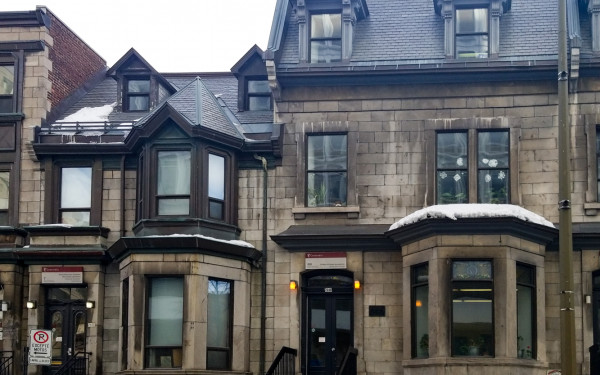Letter: The Link’s Involvement in the Unpaid Internship Movement
Statement of Bias
As the date of the general unlimited strike against unpaid internships is about to kick off, it’s important we remain transparent about our team’s involvement in this movement.
Myself and my colleague Erika Morris—a staff writer, board member, and close friend of mine—helped lead the vote to strike against unpaid internships in the journalism department.
Our main demand is that the department remove the requirement that students can only take for-credit internships as long as they are unpaid.
Since many people on The Link’s masthead are also journalism students at Concordia, we also need to acknowledge the fact that many of them will be there on the picket line.
To address this conflict we want to let readers know that articles concerned with the strike in the journalism department will only be handled by editors or contributors from outside the department.
Actually, the two of us won’t be reporting on any intern strikes at Concordia, since we’ve been working in collaboration with other departments like communications and the School of Community and Public Affairs to bring forward demands to the university at large.
These conflicts of interest needed to be addressed, and I apologize for the overdue notice.
They were acknowledged in an article The Link ran soon after we confirmed our strike mandate, but I delayed a further response as I grappled with the best way to address the situation.
The Link will continue following the general unlimited strike every step of the way. Chances are myself, Erika, and other reporters from the journalism department will continue providing coverage on the general strike.
We believe this is a fair compromise considering our small staff size, and while journalists generally avoid participating in advocacy work, there has to be limitations in this impartiality.
Update: On March 22, The Link’s masthead came to a consensus that neither myself nor Erika will report on Quebec’s intern strikes as we’ve built ties with activists involved in the wider provincial movement.
Journalists are workers and it would be misguided to assert we don’t also have the right to demand better working conditions. Young journalists are often hit the hardest, since unpaid internships are extremely common in our field.
Career prospects in journalism are primarily defined by networking and visibility, and internships act as an important tools in this regard. But requiring that journalists engage in unpaid labour structurally discourages the poor, people of colour, and other marginalized people from taking part.
While internships obviously provide us with valuable training, we have to remember unpaid internships drive down wages and contribute to the precarity of paid journalists. Entry-level jobs should not be replaced by unpaid internships, but we already know that’s happening.
That’s why we need to send a clear message to our current and future employers about the working conditions we demand to be afforded.
As young journalists we’re often left feeling we need to take whatever offer is presented, and so we do, regardless of the financial and psychological harm it causes us. This industry has always been competitive, but its become hyper-competitive amid a mass decline in print journalism and ad revenue.
For that reason it’s important we stand together collectively to build solidarity and protect our rights–even if our university tends to pit us against each other as we all compete for the remaining scraps.
During the strike week we encourage journalism undergraduates to still come to school, so we can all meet together to discuss how we can make our industry more just and equitable.
I look forward to seeing you on the picket line,
Love & Solidarity,
Miriam






